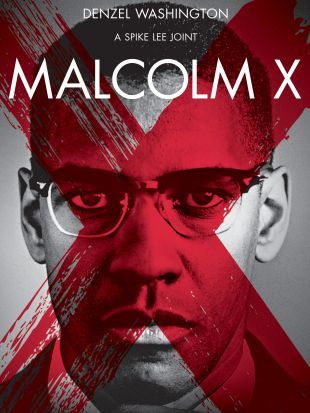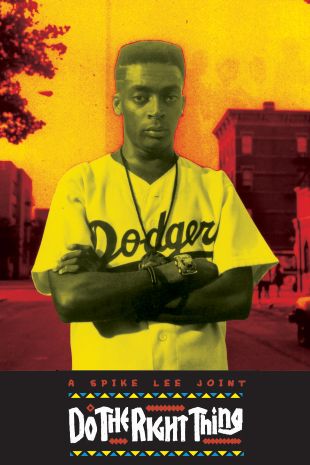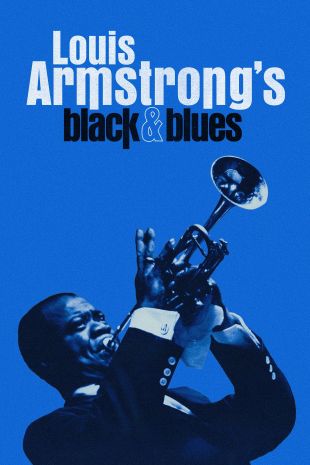A performer widely regarded as one of the most distinguished and eloquent actors of his or any generation, Ossie Davis combined an overwhelming amount of dramatic talent and instinct (evident via both stage and film work) with an indomitable fervor for social crusade. A native of Cogdell, GA, and a graduate of Howard University, Davis moved to Harlem at an early stage and trained with the Rose McClendon players. The actor then drew a considerable amount of attention -- alongside wife since 1948 Ruby Dee -- for helping to spearhead the American civil rights movement in the 1940s, over 20 years before it caught fire with the general public and mass media. Their combined efforts culminated in involvement with the triumphant March on Washington of August 1963, where Dr. Martin Luther King Jr. delivered his iconic "I Have a Dream" speech. In subsequent years, Davis also helped Dr. King raise money for the Freedom Riders and delivered a poignant eulogy at the funeral of Malcolm X.
Meanwhile, Davis and Dee both established themselves as forces in theater and on film. Davis himself debuted on Broadway in 1946, and took his film bow with the 1950 No Way Out, but 13 years passed before his sophomore cinematic effort, the 1963 Gone Are the Days -- an adaptation of his own play Purlie Victorious. Unfortunately, the actor spent much of the '60s appearing in programmers that were either underappreciated (Shock Treatment, 1964) or unworthy of his talents (Sam Whiskey, 1969), and didn't fully realize his potential until he scripted and directed the 1970 Cotton Comes to Harlem, a gritty crime comedy (with a predominantly African-American cast including Godfrey Cambridge and Redd Foxx) that almost singlehandedly jump-started the blaxploitation movement and predated Sweet Sweetback and Shaft by a year. Several additional directorial projects followed throughout the 1970s and '80s and found Davis growing deeper and more profound, and setting his sights higher; these included the ambitious -- if not quite successful -- Kongi's Harvest (1971) and the finely-wrought, socially charged coming-of-age drama Black Girl (1972), arguably Davis' best film.
Unfortunately, Davis' third and fourth efforts behind the camera, Gordon's War (1973) and Countdown at Kusini (1976), disappointed on many counts, relegating him (for better or worse) back to acting. He appeared in the racially themed, made-for-television dramas Roots (1977), King: The Martin Luther King Story (1978, in which he played Dr. King Sr.), and Roots: The Next Generations (1979), then -- around a decade later -- achieved a career resurgence thanks to the intelligence and bravura of wunderkind Spike Lee, who cast Davis in six major films: School Daze (1988), Do the Right Thing (1989), Jungle Fever (1991), Malcolm X (1992, as an off-camera narrator), Get on the Bus (1996), and She Hate Me (2004). Two of those films also included Dee in the cast. Davis also enjoyed a renewed profile on television during the early '90s when he was tapped to play a regular character on the charming and laid-back Burt Reynolds sitcom Evening Shade (1990-1994); he portrayed Ponder Blue, the series' narrator and the owner of a barbecue restaurant.
Davis remained not only active but astonishingly prolific over the following ten years. Subsequent projects included small supporting roles in Grumpy Old Men (1993), The Client (1994), and Doctor Dolittle (1998), and participation in a series of documentaries, among them Christianity: The First Thousand Years (1998) and We Shall Not Be Moved (2001). Davis died in February 2005, in Miami, while shooting the movie Retirement. He was 87. Davis and Dee co-authored a dual autobiography, In This Life Together, in 1998.



